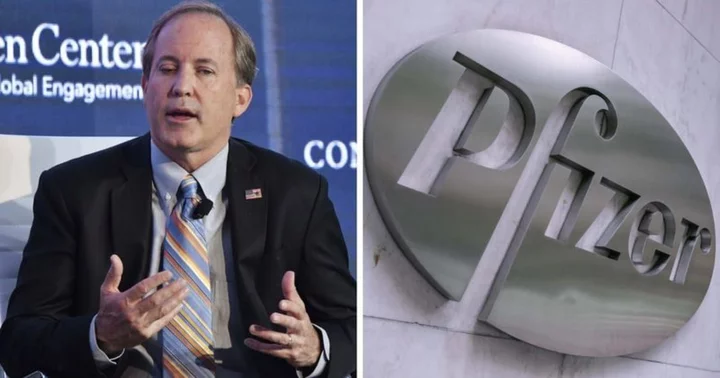Japan’s industrial production rebounded at a pace that was weaker than expected, ahead of a closely watched Bank of Japan policy meeting.
Factory output increased 0.2% in September from a month earlier, the industry ministry said Tuesday, missing economist expectations of a 2.5% gain. Automakers supported the rise, while production machinery output dragged on the overall figures. The reading fell 4.6% compared with a year earlier. Output in the July-September quarter retreated 1.3% from the previous period.
Separate industry ministry data showed retail sales marginally decreased for the first time in three months in September, slipping 0.1% from August. Sales were still up 5.8% from the previous year.
The weaker-than-expected output data offer fresh evidence to BOJ Governor Kazuo Ueda that the nascent economic recovery remains patchy, justifying continuing monetary stimulus. Ueda and his board are expected to conclude their second-to-last meeting of the year in a few hours, with most economists expecting no major changes to policy, though many flagged the risk of some kind of tweak.
“Looking at today’s production data, I think the economy could contract in the third quarter following strong results in the previous period,” said Mari Iwashita, chief market economist at Daiwa Securities Co. “Downside risks remain in overseas economies, including the situation in the Middle East.”
The disappointing figures come as Japan faces the risk that external demand may cool in light of international disruptions ranging from the Israel-Hamas conflict to the simmering geopolitical rivalry between the US and China, which could generate more official and unofficial trade barriers.
What Bloomberg Economics Says...
“Japan’s surprisingly weak industrial output in September — which capped a quarterly decline — support our view that GDP shrank in 3Q. Production falls in volatile categories such as machinery and aircraft parts dragged down last month’s overall results and offset the boost to car manufacturing from healing supply chains.”
— Taro Kimura, economist.
For the full report, click here.
Global commerce is expected to grow in 2023 at less than half the pace predicted six months ago, according to the World Trade Organization.
Amid the uncertainty, Japan’s government is developing an economic stimulus package to protect households and businesses from persistent inflation. The package may include a number of measures, from the extension of energy subsidies to possible income tax cuts.
Prime Minister Fumio Kishida said Thursday he plans to enact a temporary income tax reduction worth ¥40,000 ($267.86) per person and provide an additional ¥70,000 to low-income families, and on Tuesday the premier vowed to recharge economic growth enough that the tax help can be limited to a one-off step.
In addition to setting policy Tuesday, the BOJ is set to update its quarterly economic outlook report. It’s expected to revise higher its projection for the key inflation gauge for the current and next fiscal years. Still, the bank is likely to keep its price outlook for fiscal year 2025 unchanged at around 1.6%, a projection that would imply the 2% stable inflation target hasn’t been achieved.
In more positive news, labor ministry data showed the job market slightly tightening, with the unemployment rate inching down to 2.6%. The jobs-to-applicant ratio was unchanged at 1.29, meaning there were 129 jobs offered in September for every 100 applicants.
A tight job market is needed to set the stage for higher wages, a crucial component in the positive growth cycle both Ueda and Prime Minister Fumio Kishida are aiming to achieve.
Rengo, the country’s largest trade union federation, demanded that companies raise wages by 5% or more next year, building on this year’s historic gains.
What Bloomberg Economics Says...
“The incremental tightening in Japan’s labor market in September is a small win for the Bank of Japan, which wants to see brisk wage growth push consumer prices higher. A decline in labor market participants seeking work and stronger hiring nudged the jobless rate down.”
—Taro Kimura, economist
To read the full report, click here
(Updates with more details, economist comments)









